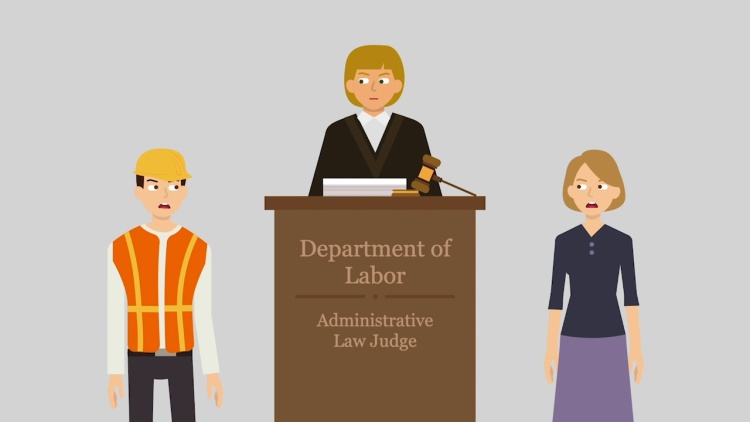Thomas v. Washington Gas Light Co.
United States Supreme Court
448 U.S. 261 (1980)

- Written by Denise McGimsey, JD
Facts
Thomas (plaintiff), a District of Columbia (District) resident, was employed by Washington Gas Light Co. (defendant) for work primarily in the District but also in Virginia and Maryland. In 1971, Thomas was injured while working in Virginia. He sought benefits under the Virginia Workmen’s Compensation Act (Virginia Act) and was awarded them by the Virginia Industrial Commission (Virginia Commission). In 1974, Thomas sought benefits for the same injury under the District’s workmen’s compensation law (District Act). The employer challenged his claim on the grounds that the Virginia Act precluded any other recovery and that the District owed full faith and credit to the Virginia decision. An administrative law judge held that the Virginia award was res judicata in the District to the extent that it would be res judicata in Virginia but that the Virginia Act did not preclude an award of additional benefits outside of Virginia. Thomas was then awarded benefits under the District Act, minus the amount he had received under the Virginia Act. The Benefits Review Board upheld the award. The Court of Appeals for the Fourth Circuit reversed. Thomas petitioned the United States Supreme Court for certiorari.
Rule of Law
Issue
Holding and Reasoning (Stevens, J.)
Concurrence (White, J.)
Dissent (Rehnquist, J.)
What to do next…
Here's why 899,000 law students have relied on our case briefs:
- Written by law professors and practitioners, not other law students. 47,000 briefs, keyed to 994 casebooks. Top-notch customer support.
- The right amount of information, includes the facts, issues, rule of law, holding and reasoning, and any concurrences and dissents.
- Access in your classes, works on your mobile and tablet. Massive library of related video lessons and high quality multiple-choice questions.
- Easy to use, uniform format for every case brief. Written in plain English, not in legalese. Our briefs summarize and simplify; they don’t just repeat the court’s language.






